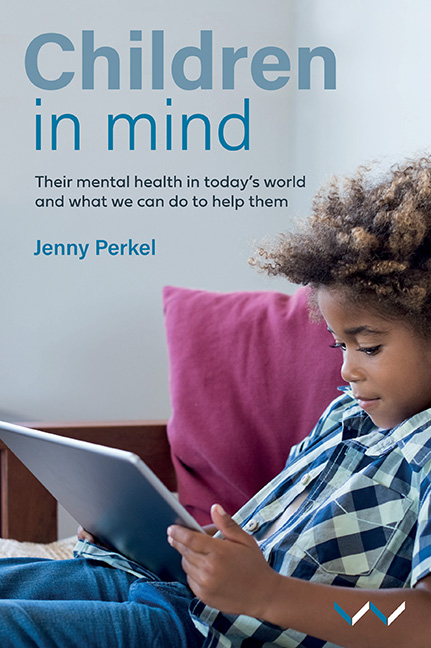11 - Today’s Parents in Mind
Published online by Cambridge University Press: 26 May 2022
Summary
Parents have more influence over their children than do most other people they will encounter in their lives. Children inherit genes from their parents; they also learn how to function in the world based on who their parents are and how their parents think, feel and behave. Some psychological disturbances and psychiatric disorders have been linked to problems with early parenting. In their article about parenting and child mental health, UK-based researchers Rachael Ryan, Christine O’Farrelly and Paul Ramchandani noted that parenting is considered a key risk factor in the development of early psychopathology. Low levels of sensitive parenting and greater use of harsh discipline have been linked to the development of behavioural problems. Initiatives that aim to improve parenting early on, when the child's brain and biological systems that underlie mental health are rapidly taking shape, appear to have a better outcome.
Leading US psychologists Ann Masten and Dante Cicchetti examined the developmental cascades in which there have been shown to be cumulative or progressive effects across levels and areas of human development. The functioning in one domain, level or system influences another system or level of function over time to shape the course of development. Involving the parents can help in the process of making constructive changes in many of these areas of development. Intervention with families at risk should involve the parents, who can then be guided towards more sensitive and constructive ways to help their children through the complicated process of growing up.
Parent therapy and guidance
Parents often ask their child's psychotherapist what has caused the child's emotional and behavioural problems. Many of them feel responsible and are willing to shift their attitude and behaviour in ways that will help their children emotionally. The parents create and sustain the child's growing environment. They are the soil in the ground by which the children are nourished as they grow towards independence. Child therapists need to be aware of the kind of environment that parents are creating for their children, and they should guide the parents towards improving that environment where necessary.
- Type
- Chapter
- Information
- Children in MindTheir Mental Health in Today's World and What We Can Do to Help Them, pp. 126 - 138Publisher: Wits University PressPrint publication year: 2022



